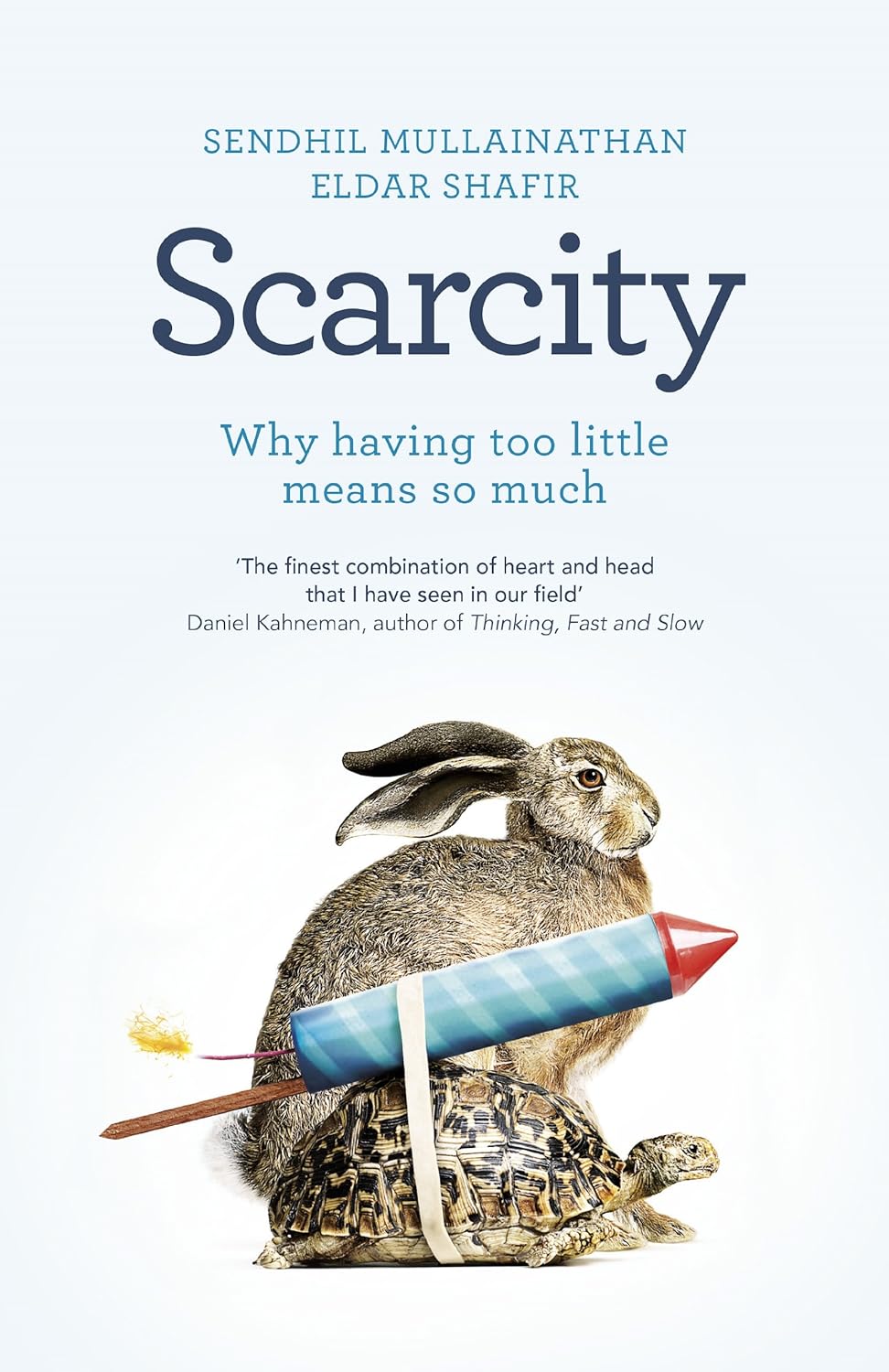Sendhil Mullainathan joined the departments of EECS and Economics as a professor in July 2024. His research uses machine learning to understand complex problems in human behavior, social policy, and medicine. Previously, Mullainathan spent five years at MIT before joining the faculty at Harvard in 2004, and then the University of Chicago in 2018. He received his BA in computer science, mathematics, and economics from Cornell University and his PhD from Harvard University.
Sendhil Mullainathan is the Roman Family University Professor of Computation and Behavioral Science at Chicago Booth, where he is also the inaugural Faculty Director of the Center for Applied Artificial Intelligence. His current research uses machine learning to understand complex problems in human behavior, social policy, and especially medicine, where computational techniques have the potential to uncover biomedical insights from large-scale health data. He currently teaches a course on Artificial Intelligence.
In past work he has combined insights from economics and behavioral science with causal inference tools—lab, field, and natural experiments—to study social problems such as discrimination and poverty. Papers include: the impact of poverty on mental bandwidth; how algorithms can improve on judicial decision-making; whether CEO pay is excessive; using fictitious resumes to measure discrimination; showing that higher cigarette taxes makes smokers happier; and modeling how competition affects media bias.
Mullainathan enjoys writing. He recently co-authored Scarcity: Why Having too Little Means so Much and writes regularly for the New York Times. Additionally, his research has appeared in a variety of publications including the Quarterly Journal of Economics, Science, American Economic Review, Psychological Science, the British Medical Journal, and Management Science.
Mullainathan helped co-found a non-profit to apply behavioral science (ideas42), co-founded a center to promote the use of randomized control trials in development (the Abdul Latif Jameel Poverty Action Lab), serves on the board of the MacArthur Foundation, has worked in government in various roles, is affiliated with the NBER and BREAD, and is a member of the American Academy of Arts and Sciences.
Prior to joining Booth, Mullainathan was the Robert C. Waggoner Professor of Economics in the Faculty of Arts and Sciences at Harvard University, where he taught courses about machine learning and big data. He began his academic career at the Massachusetts Institute of Technology.
Mullainathan is a recipient of the MacArthur “Genius Grant,” has been designated a “Young Global Leader” by the World Economic Forum, was labeled a “Top 100 Thinker” by Foreign Policy Magazine, and was named to the “Smart List: 50 people who will change the world” by Wired Magazine (UK). His hobbies include basketball, board games, googling, and fixing up classic espresso machines.






